Seventy years ago, after the horrors of World War II, the UK signed the Refugee Convention. We gave our commitment to protect people fleeing war and persecution. Since then, it has saved hundreds of thousands of lives.
These are some of those lives.
7 refugees from 7 decades
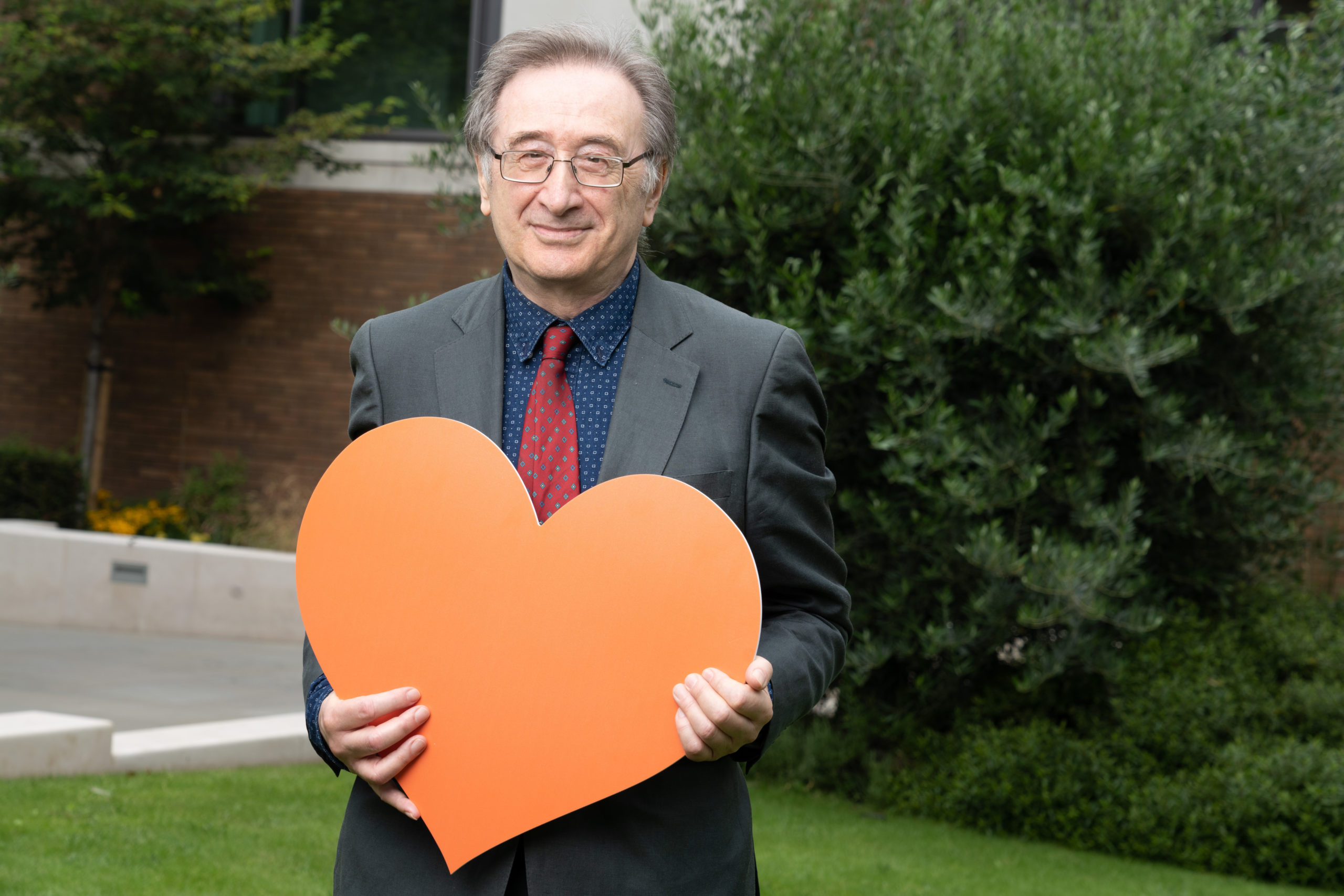
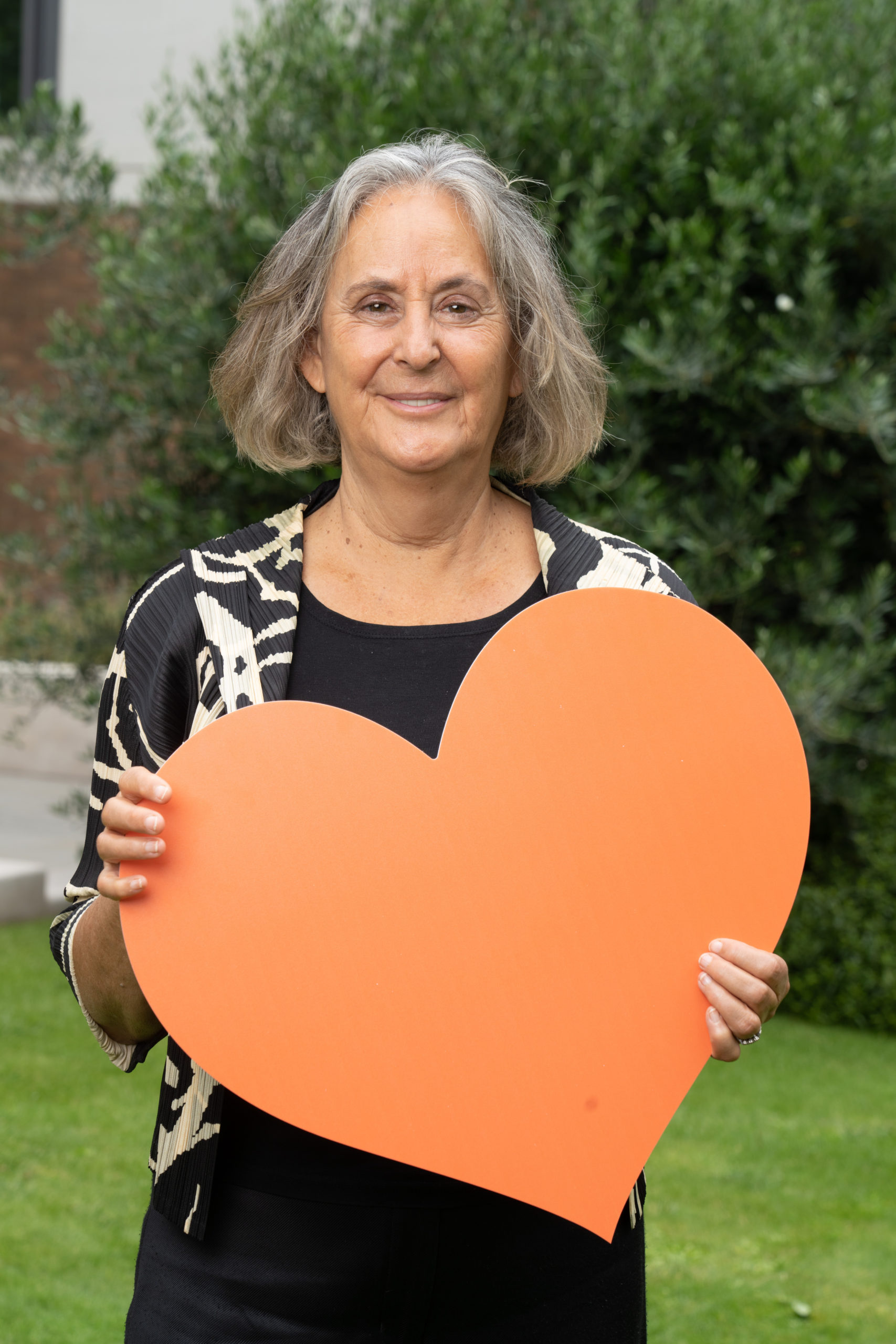
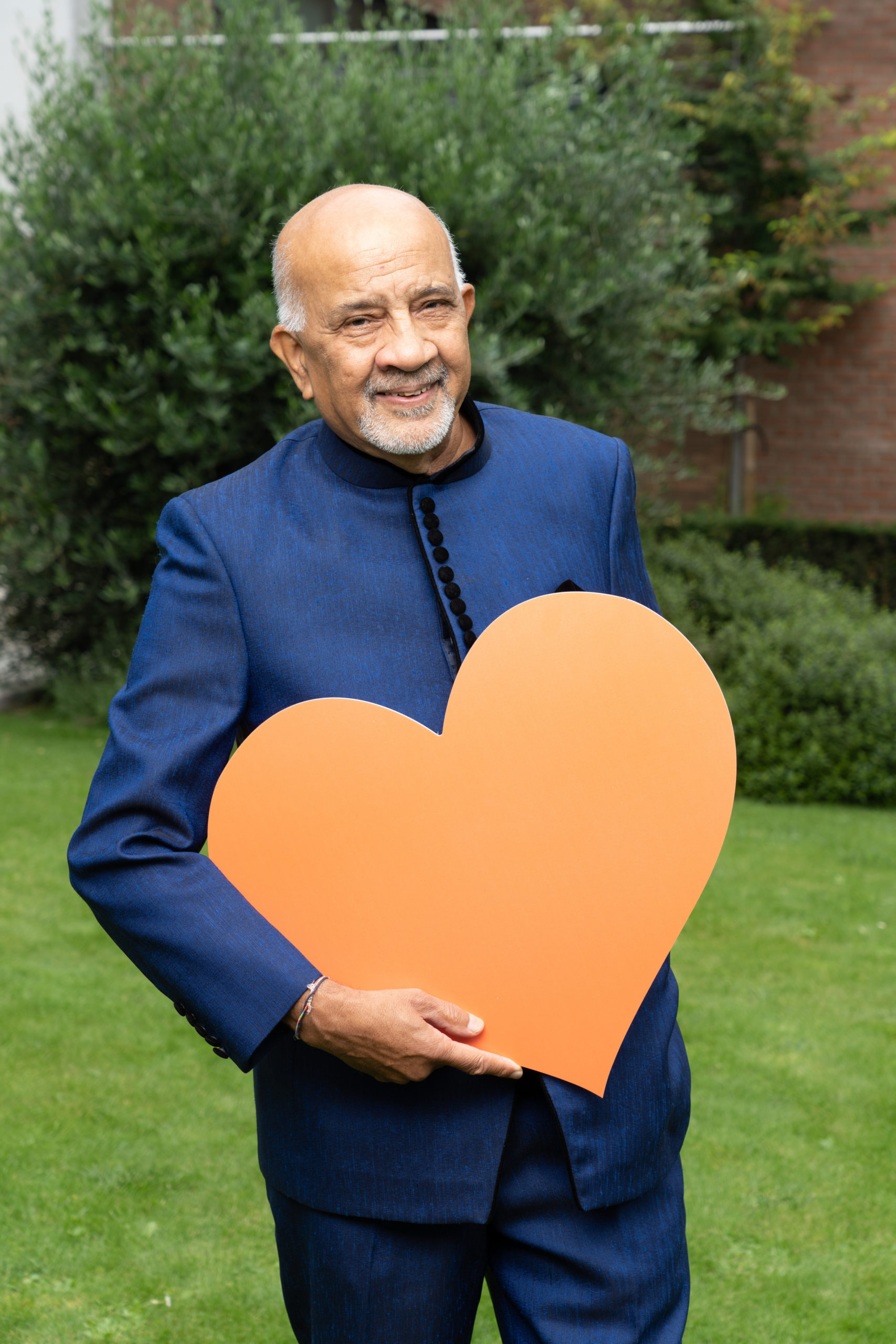
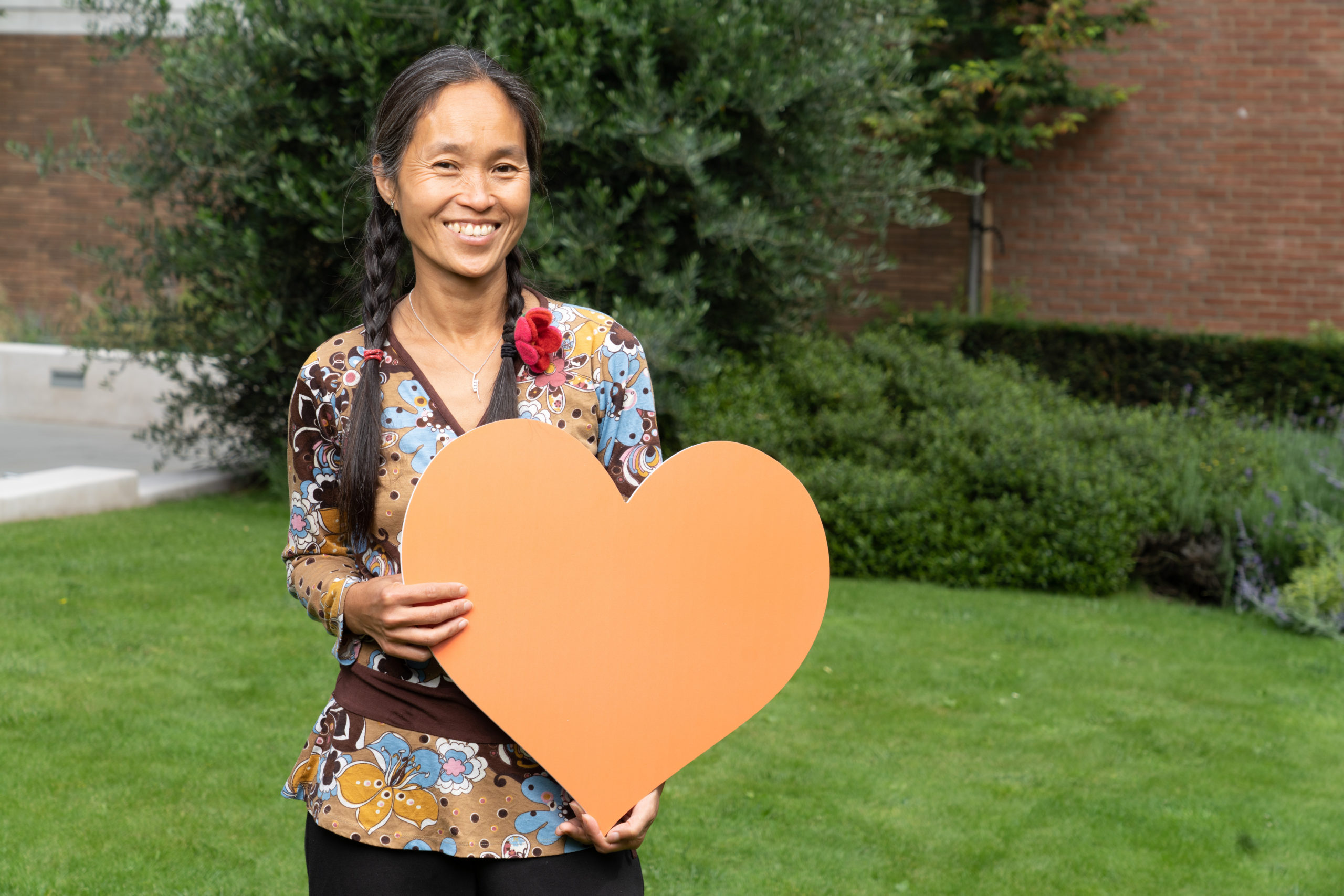
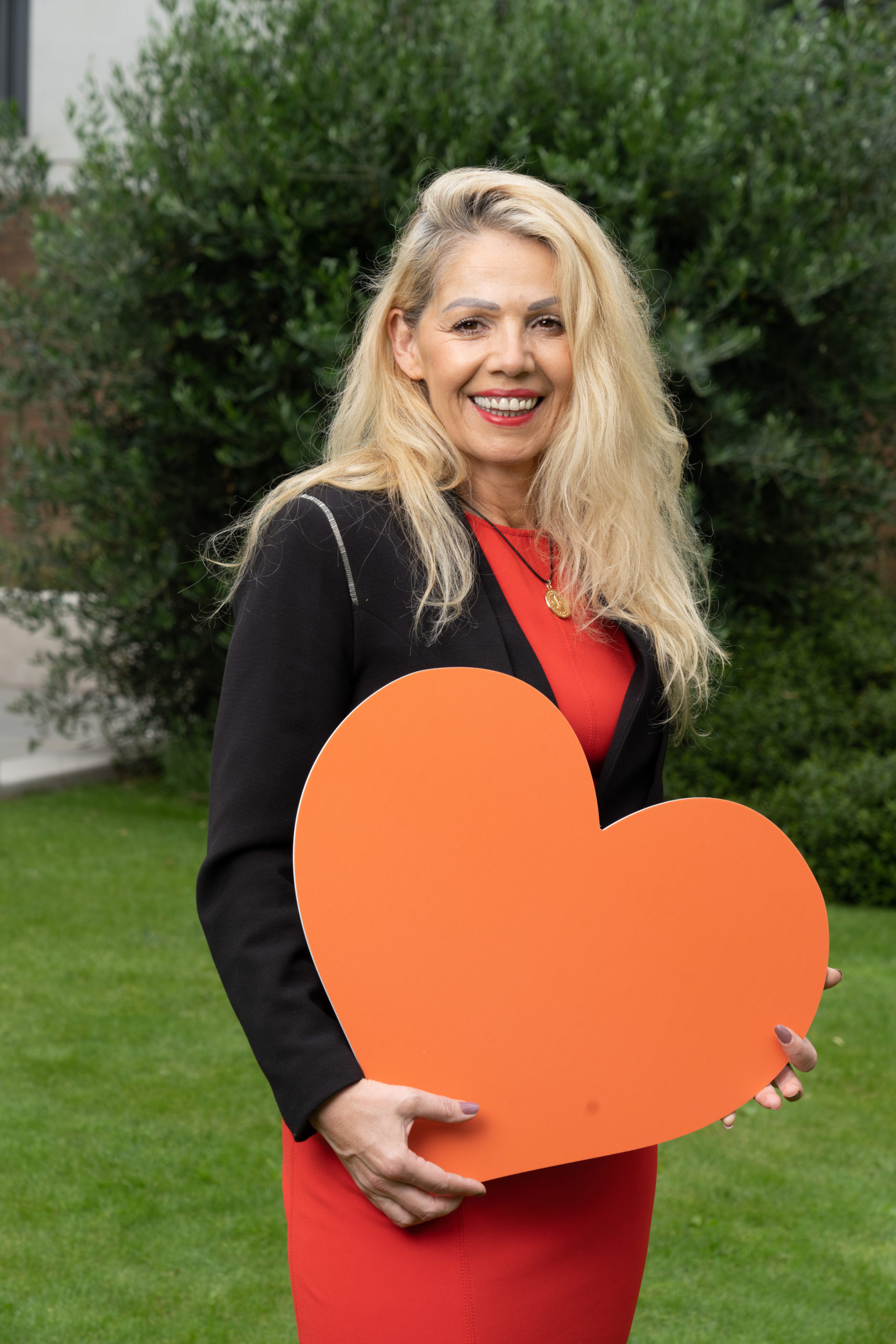
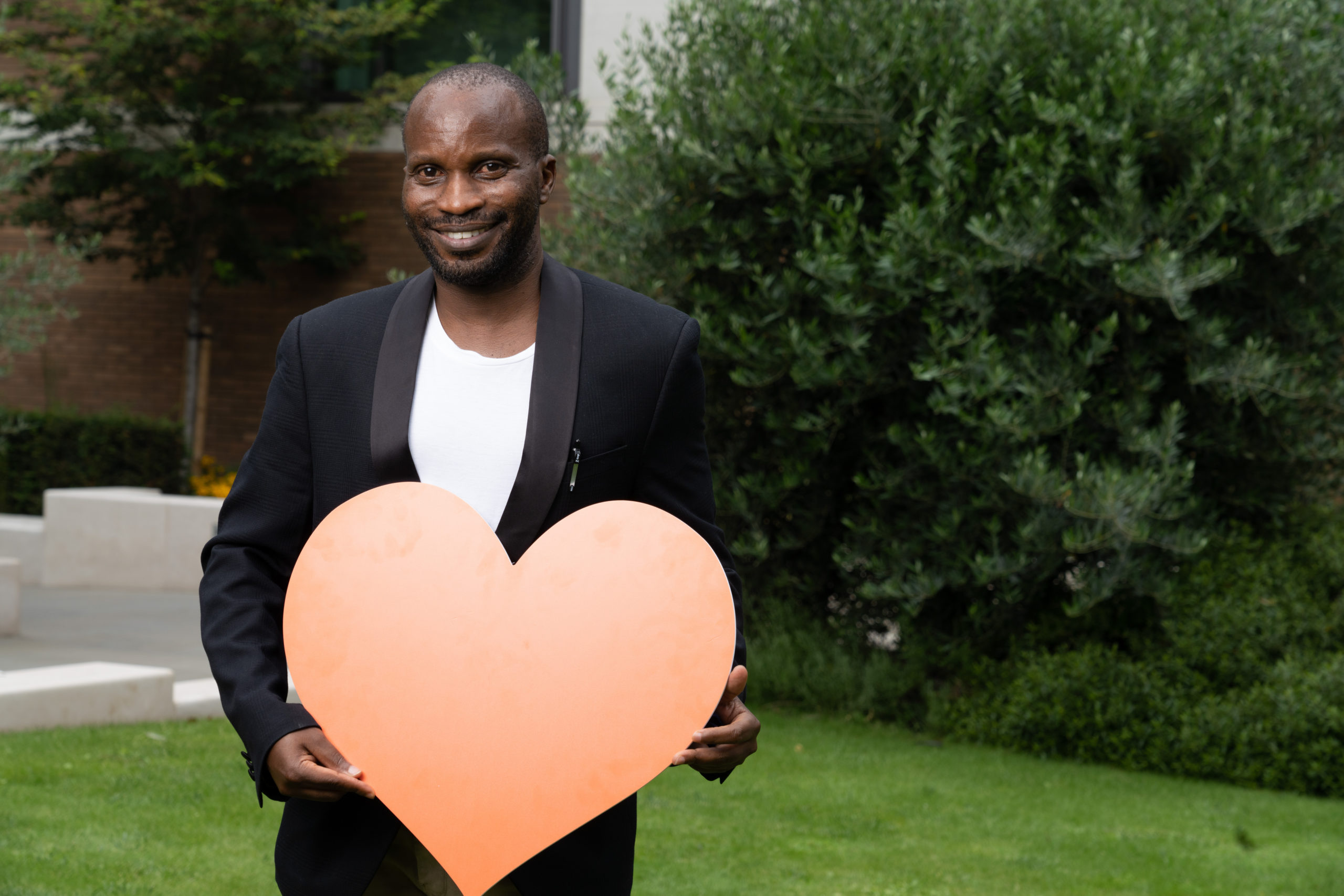
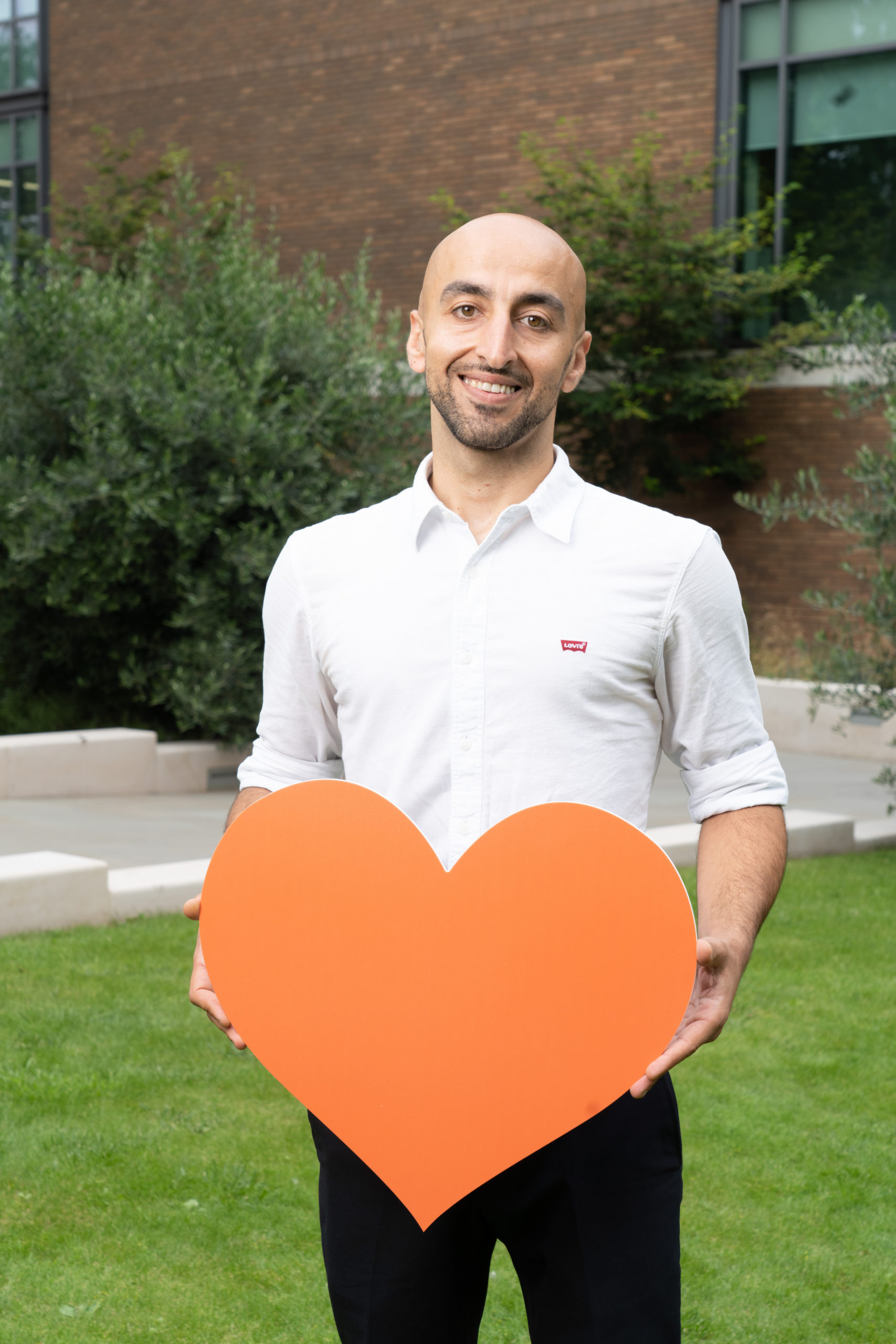

We are proud founding members of Together With Refugees, a new coalition of national and local organisations, refugees living in Britain, and people from all walks of life who believe in showing compassion to people fleeing war, persecution or violence.
Find out more by following #TogetherWithRefugees and #WhoWeAre.

